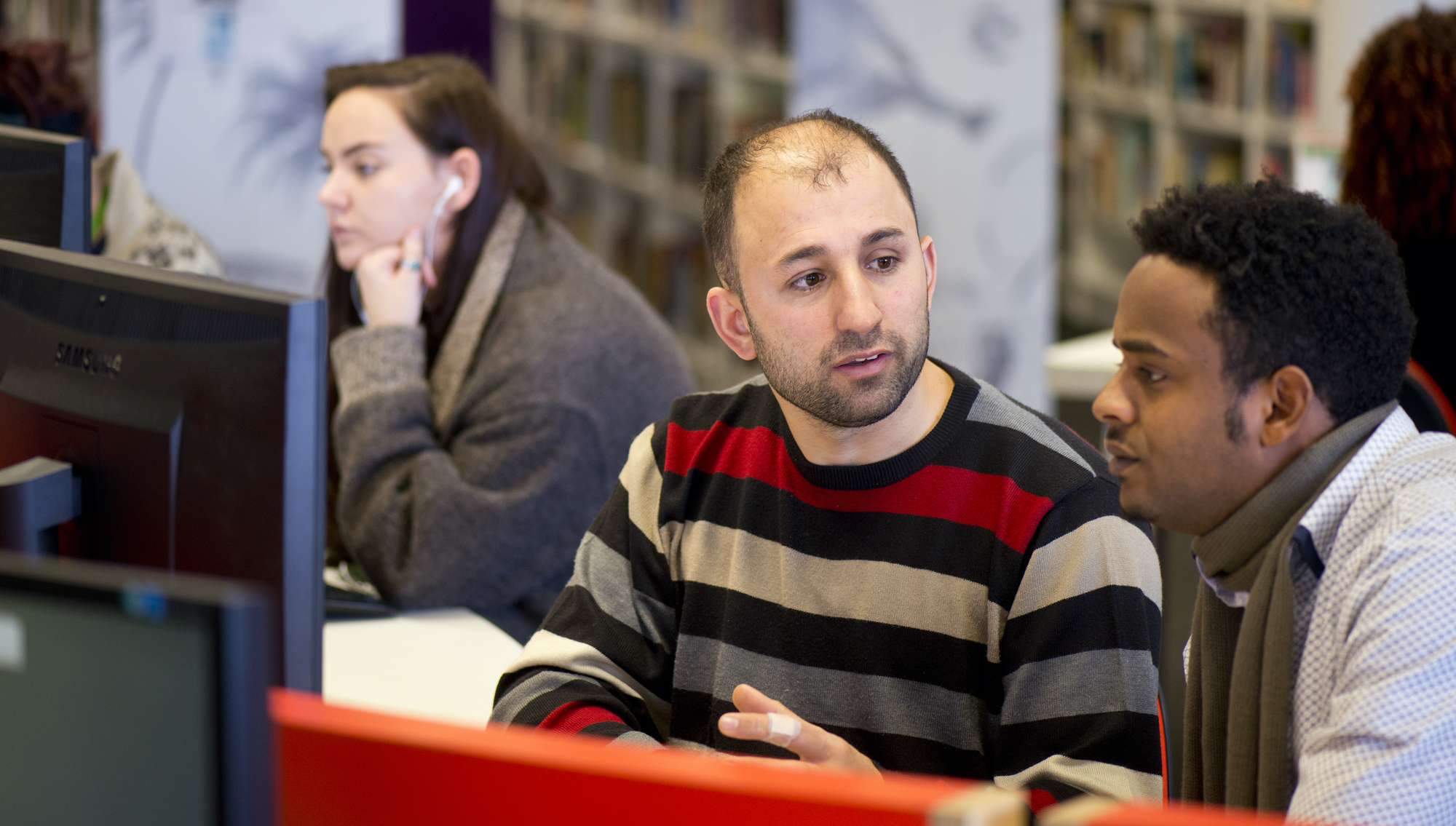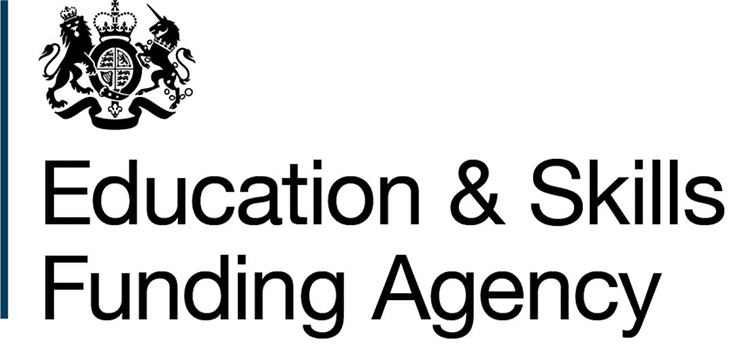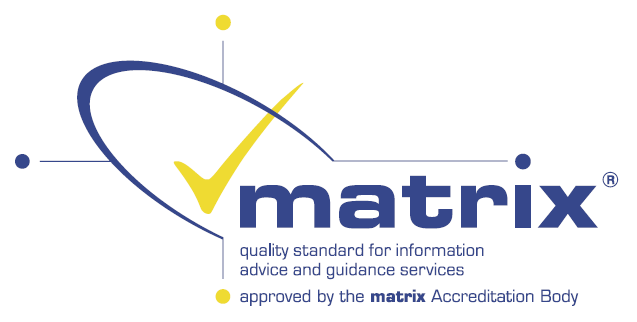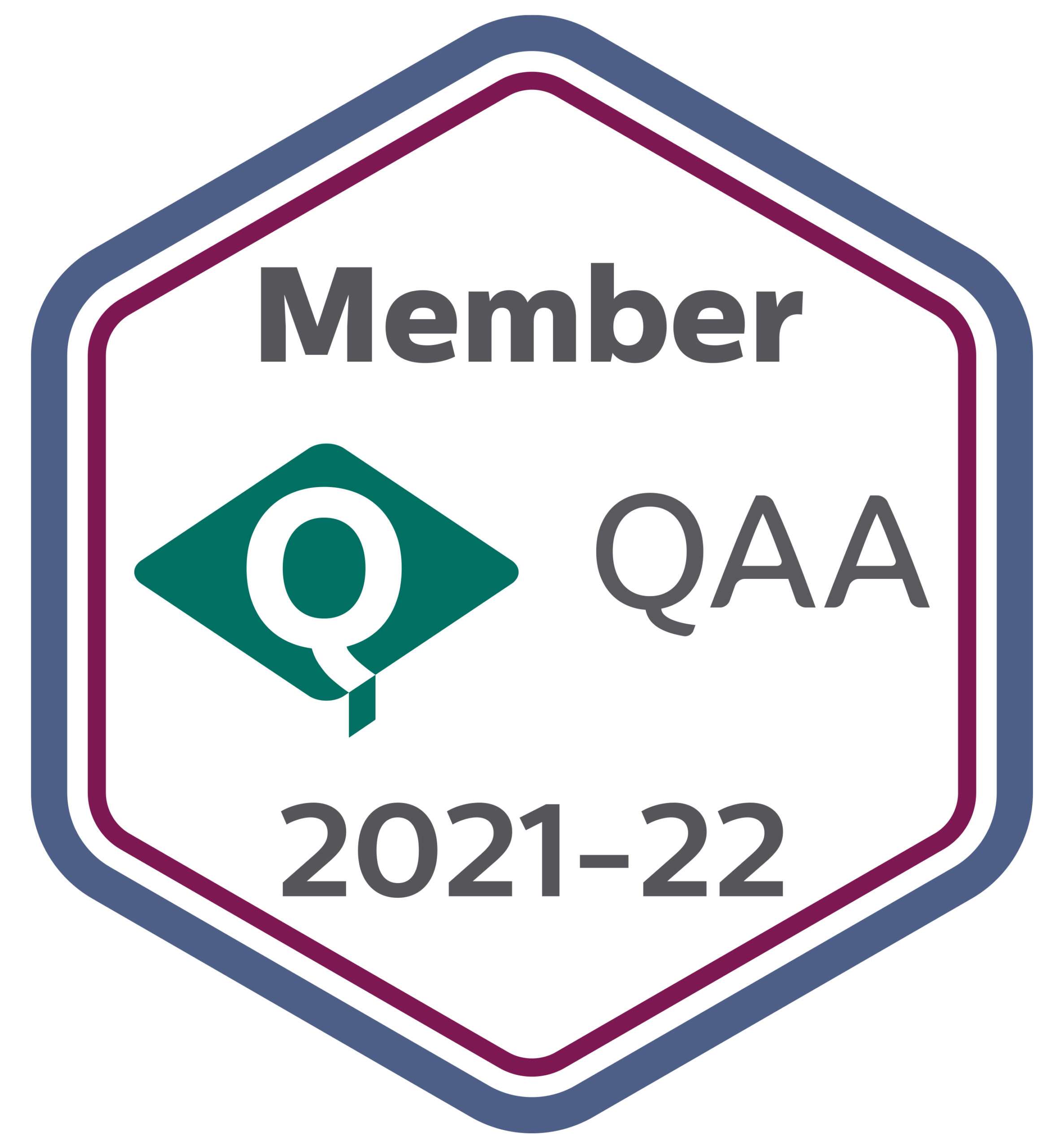In College, we believe the best way to support SpLDs/Dyslexia involves:
- Celebrating the Signature Strengths of our students
- Assessment for Support (tailored to individual needs)
- Inclusive Teaching and Accessible Support.
What are Dyslexia, Dysgraphia, Dyscalculia and Dyspraxia?
Dyslexia
Dyslexia affects the way people read and write, causing mild to severe difficulties. It is called a ‘spectrum condition’ because of the different levels of difficulty it can cause. People who experience dyslexia can sometimes also experience other Specific Learning Differences too, like those listed below – e.g. dysgraphia and dyscalculia.
People who are Dyslexic often have strengths in the following areas:
- ‘Big Picture’ thinking
- Visuo-Spatial Skills
- Creativity/Innovation
- Teamwork
- Empathy
- Communication
- Determination/Resilience
- Proactivity
- Flexible Coping.
Here are some specific areas where Dyslexia can cause difficulties:
- Literacy issues – reading, writing, spelling, how the information is presented, issues with accuracy – especially if under pressure
- Numeracy issues – mental maths, time, money calculations, measuring, ability to estimate, recording information
- Organisation – time management, ‘multi-tasking’, sequencing
- Processing skills – new day-to-day tasks can take longer to complete
- Memory – working memory, short-term memory.
Dysgraphia
Dysgraphia affects a person’s ability to perform handwriting. Often the person’s handwriting will be poorly formed, difficult to read, a mixture of cursive and block letters, have letters of varying sizes and ‘go against’ convention i.e. written right-to-left rather than left-to-right. However, it is more than ‘messy’ handwriting. Although the person can write, they will find the process of writing more difficult and, in some cases, impossible. Handwriting involves ‘fine motor skills’ which are used in conjunction with the brain’s ability to process information; a person with dysgraphia will need to use a higher than usual degree of concentration and working memory to complete written tasks. This can be made worse with pressure (such as limited time to complete a task).
Dyscalculia
Dyscalculia mainly affects a person’s development of mathematical skills and the ability to perform calculations. Dyscalculia is a specific and persistent difficulty in understanding numbers, which can lead to a diverse range of difficulties with mathematics. It will be unexpected in relation to age, level of education and experience and occurs across all ages and abilities.
Dyspraxia
Dyspraxia affects a person’s fine and/or gross motor coordination that may also affect their speech. It is a lifelong condition and occurs across the full range of intellectual abilities. How dyspraxia affects a person may change over time, will affect individuals differently and may also change depending on the environment. Issues affecting coordination may affect participation in education, life and work. Indicators could be present in reading and/or writing, activities that require coordination and/or balance, self-care and/or play, among others.
What support can we offer to students?
- Assessment and guidance on learning strategies to students and tutors
- One-to-one sessions with a specialist tutor
- Small group or ad hoc sessions, by appointment with a specialist tutor
- Exam Access Arrangements (eg, extra time; reader; use of technology; etc.)
- Loan of Assistive Technology (laptop; reading pen; etc.)
- Provision of coloured overlays/reading rulers/ coloured pads, etc.
- Support for progression to Higher Education.















